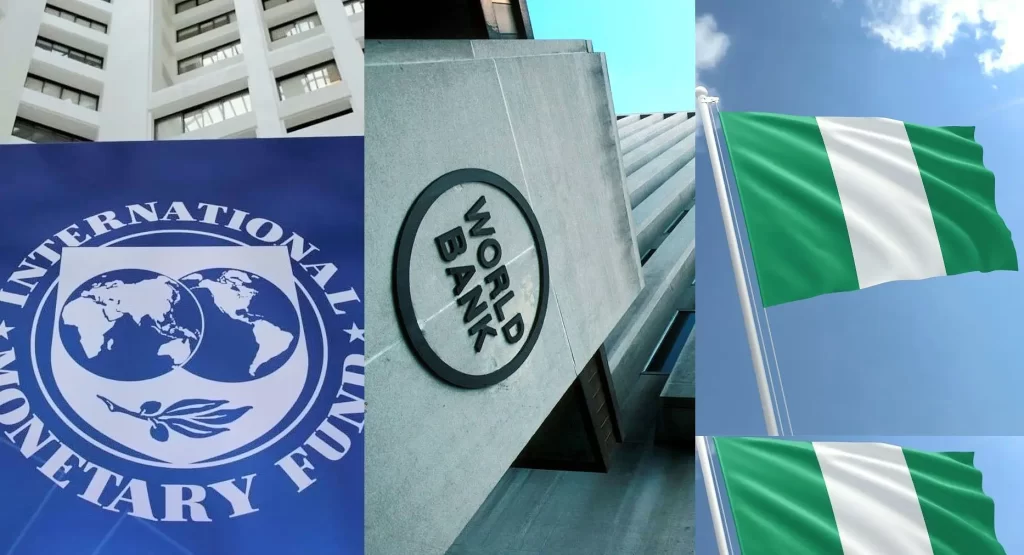…World Bank Holds 38% Of External Loans, China Follows
…Domestic Debt Up By N1.79trn In Three Months
Nigeria’s total public debt stock has climbed to N152.40 trillion as of June 30, 2025, according to the latest figures released by the Debt Management Office (DMO) on Saturday.
The figure represents a N3.01 trillion increase from the N149.39 trillion recorded at the end of March 2025 — signalling a 2.01 per cent rise in just three months. In dollar terms, the country’s total debt grew from $97.24 billion to $99.66 billion, reflecting a 2.49 per cent increase.
The new data underscore the Federal Government’s growing dependence on borrowing to finance budget deficits amid weak revenue performance and ongoing economic reforms.
According to the DMO report, external debt rose to $46.98 billion (N71.85 trillion) in June, up from $45.98 billion (N70.63 trillion) in March.
The World Bank remains Nigeria’s single largest external creditor with an outstanding $18.04 billion, mostly through the International Development Association (IDA) — accounting for about 38 per cent of the country’s total external obligations.
Overall, multilateral lenders such as the African Development Bank (AfDB), International Monetary Fund (IMF) and the Islamic Development Bank (IsDB) account for $23.19 billion, representing 49.4 per cent of the total external debt.
On the bilateral front, Nigeria owes $6.20 billion, with the Export-Import Bank of China leading at $4.91 billion, followed by smaller loans from France, Japan, India, and Germany.
The report further shows that commercial borrowings, largely in Eurobonds, stand at $17.32 billion (36.9 per cent of external debt), while $268.9 million is owed under syndicated and commercial bank facilities.
Economists warn that Nigeria’s high exposure to Eurobonds makes the economy vulnerable to global interest rate shocks and exchange rate risks, even as the government leans on concessional multilateral loans to sustain fiscal stability.
Domestically, Nigeria’s debt rose from N78.76 trillion in March to N80.55 trillion in June — a 2.27 per cent rise.
The portfolio is dominated by Federal Government bonds worth N60.65 trillion (79.2 per cent of total domestic debt), including N36.52 trillion in naira bonds, N22.72 trillion in securitised Central Bank Ways and Means advances, and N1.40 trillion in dollar bonds.
Other domestic instruments include Treasury bills (N12.76 trillion), Sukuk bonds (N1.29 trillion), savings bonds (N91.53 billion), green bonds (N62.36 billion), and promissory notes (N1.73 trillion).
The DMO noted that the Federal Government is responsible for N141.08 trillion or 92.6 per cent of the total debt, while the 36 states and the Federal Capital Territory (FCT) owe N11.32 trillion (7.4 per cent).
Of the subnational debt, $4.81 billion (N7.36 trillion) is external, while N3.96 trillion is domestic.
Despite government assurances that Nigeria’s debt remains within sustainable limits, analysts have continued to raise concerns about rising interest costs, naira depreciation, and shrinking fiscal space.
The Federal Government has, however, maintained that ongoing tax reforms, foreign exchange liberalisation, and fiscal discipline measures will help strengthen revenue and reduce the country’s debt dependency.
Do you want to share a story with us? Do you want to advertise with us? Do you need publicity for a product, service, or event? Contact us on WhatsApp +2348183319097 Email: platformtimes@gmail.com
We are committed to impactful investigative journalism for human interest and social justice. Your donation will help us tell more stories. Kindly donate any amount HERE




